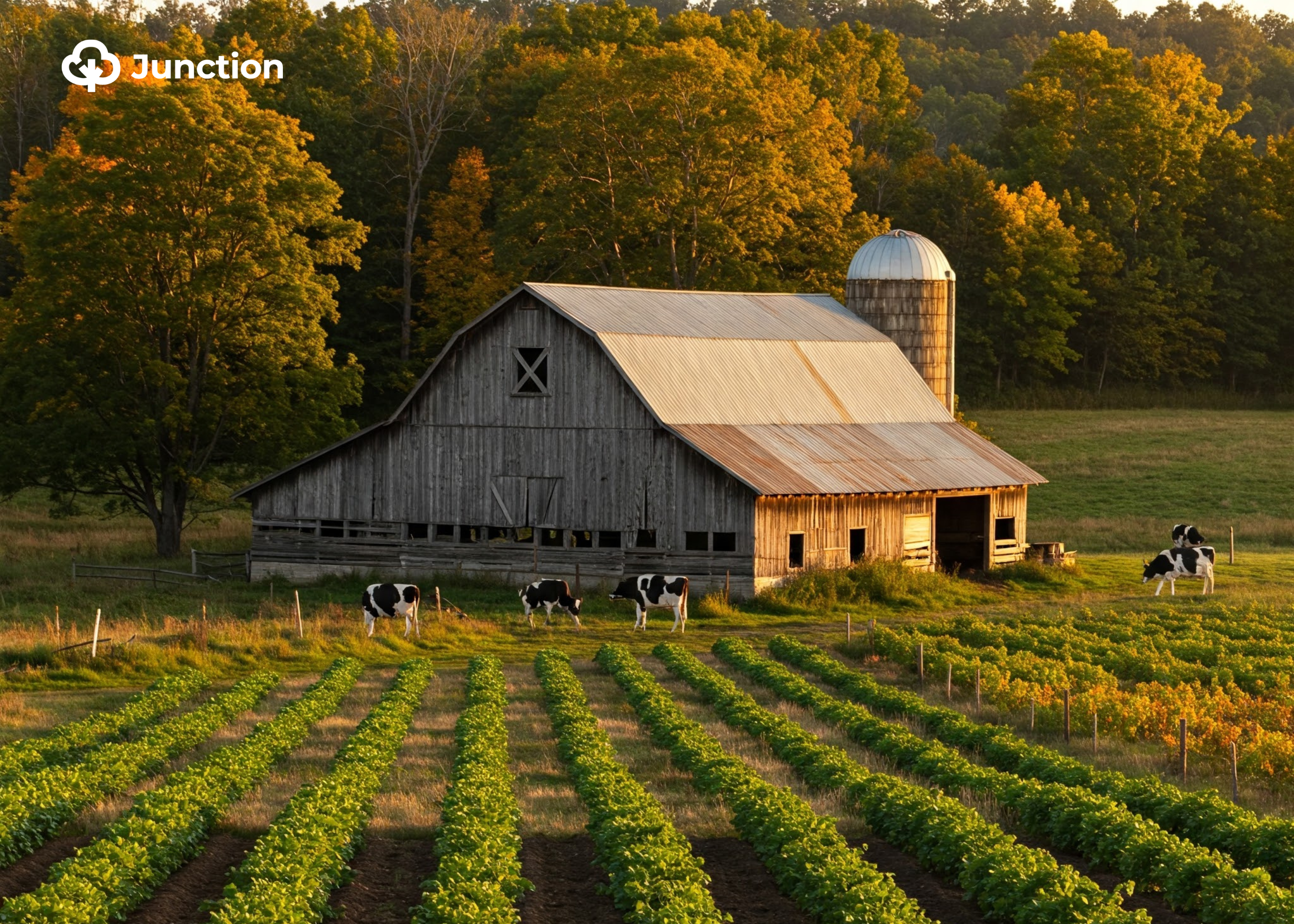News in brief:
– The UK government plans to repurpose 9% of England’s farmland into forests and natural habitats by 2050 to meet climate and conservation goals.
– Farmers and agribusinesses are urged to participate in a consultation to shape policies balancing food security, infrastructure, and environmental sustainability.
A significant shift in England’s agricultural landscape is on the horizon, as the UK government seeks to repurpose nearly 9% of the country’s farmland into forests and natural habitats by 2050. The initiative is part of a broader strategy to meet net-zero emissions and nature restoration targets, as outlined in a consultation launched by Environment Secretary Steve Reed.
According to the Department for Environment, Food and Rural Affairs (Defra), nearly a fifth of all UK farmland will need to transition in some way to align with environmental and climate goals. While concerns about food security remain high, Defra insists that improved agricultural efficiencies will sustain food production levels despite the land reallocation.
Balancing farming, conservation, and infrastructure
The new land use framework aims to guide decision-makers in balancing food production, conservation, housing, and energy infrastructure needs. Defra argues that a structured approach will help preserve high-quality farmland from urban expansion and large-scale solar projects. Currently, about 70% of England’s land is used for agriculture.
Government analysis suggests that of the 1.6 million hectares set for change, 1% will see minor adjustments like planting herbs along field margins, 4% will integrate more trees within agricultural operations, 5% will undergo a partial environmental shift while maintaining food production, and 9% will be repurposed entirely for woodland and biodiversity projects.
Concerns over food security and farmer support
Despite assurances of efficiency gains, National Farmers Union President Tom Bradshaw has emphasised that future policies must prioritise domestic food security. “Food security is national security. We must have a land use plan underpinned by sound science and evidence,” he stated.
The Agriculture and Horticulture Development Board (AHDB) has also welcomed the consultation, stressing the need for careful assessment of long-term implications on farming incomes and food sustainability.
With the consultation process now open, farmers and agribusinesses have an opportunity to shape policies that will define the future of England’s agricultural landscape. The final framework is expected to ensure a balance between food production and environmental stewardship while unlocking financial opportunities for the farming sector.



